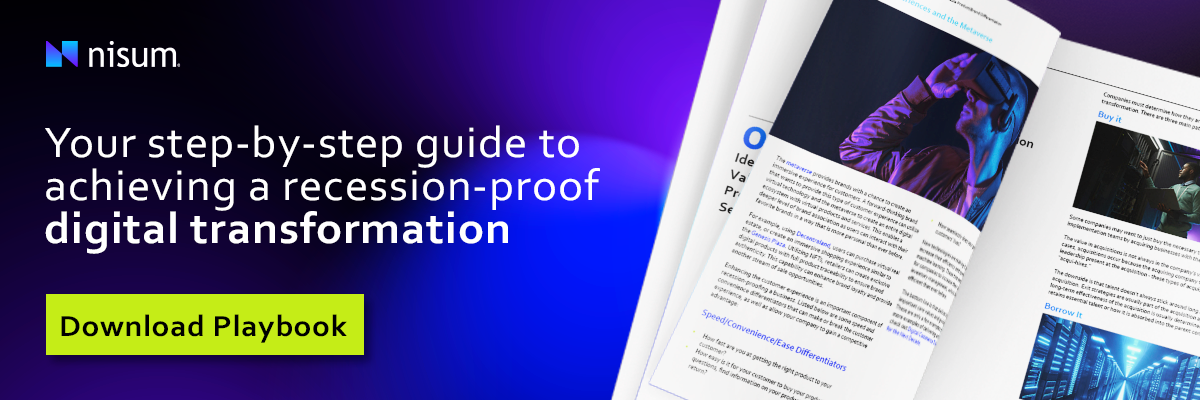Picture Credit: Unsplash
1. AI Significantly Improves Data-driven Analysis
Successful Product Managers make data-driven decisions daily. The vast majority of data generated has become increasingly complex for the human brain to understand and conceptualize. Integrating AI and ML can assist human decision flows and helps businesses make accurate and well-contextualized decisions quickly and efficiently.
AI, in Product Management, is increasingly used to leverage efficiencies in software product life cycles. It helps eradicate risks associated with the decision-making process and provides valuable insight into product teams. This allows product teams to focus their energy on product development to ultimately enhance the product, which can lead to a better quality product and overall customer experience and evolve the role of a product manager.
2. AI Increases Test Coverage
Whether launching a new product or maintaining an existing product, test coverage is an essential part of a product’s lifecycle. Product software testing can be monotonous and time-consuming and drain many projects of necessary resources, time, and money.
Adopting AI in testing can help increase test coverage for complex business structures. A company with no dedicated resources can use computer algorithms to analyze various software functions to identify system inefficiencies and errors.
Other benefits of employing AI in testing include:
- Saves resource time and effort
- Increases overall test coverage
- Improves the accuracy of data
- Decreases the limitations of manual testing
- Improves data inefficiencies in communications
3. AI Produces Intelligent and Timely Results
AI used in healthcare has recently drawn much attention due to the advances in deep learning technologies. Research has concluded that incorporating AI for medical diagnostic analysis can help diagnose and treat the illness more quickly and efficiently.
4. AI Improves the Overall Customer Journey
Positive customer experiences are critical differentiators in business. Many product leaders agree that delivering optimal customer experiences depends on understanding the customers' intent. Today, AI-enhanced analytical tools are becoming more effective at identifying customer intent. AI can help to simplify a customer's journey by allowing end-users to share their goal in just a few words. AI analytical tools can mine data across multiple channels to help organizations correctly understand customer intent. Companies who adapt to AI analytics will better identify and foresee customer intent, simplifying and improving the overall customer experience.
Nisum Can Make Artificial Intelligence Work for You
AI promises to revolutionize how businesses can reach customers. Nisum is your best option to transform you into a digital powerhouse using AI. Leveraging over 20 years of experience in the retail sector, we tailor solutions with cutting-edge cloud-based, pre-configured, or open digital platforms. Nisum has experienced teams that can deliver integrated cloud-based Internet of Things (IoT), Artificial Intelligence (AI), Augmented Reality (AR), and edge computing services to meet your customers' objectives and can create success for all stakeholders.
Let Nisum's Insights and Analytics and Digital teams empower you to make intelligent decisions based on real-time, fact-based intelligence and insights.





